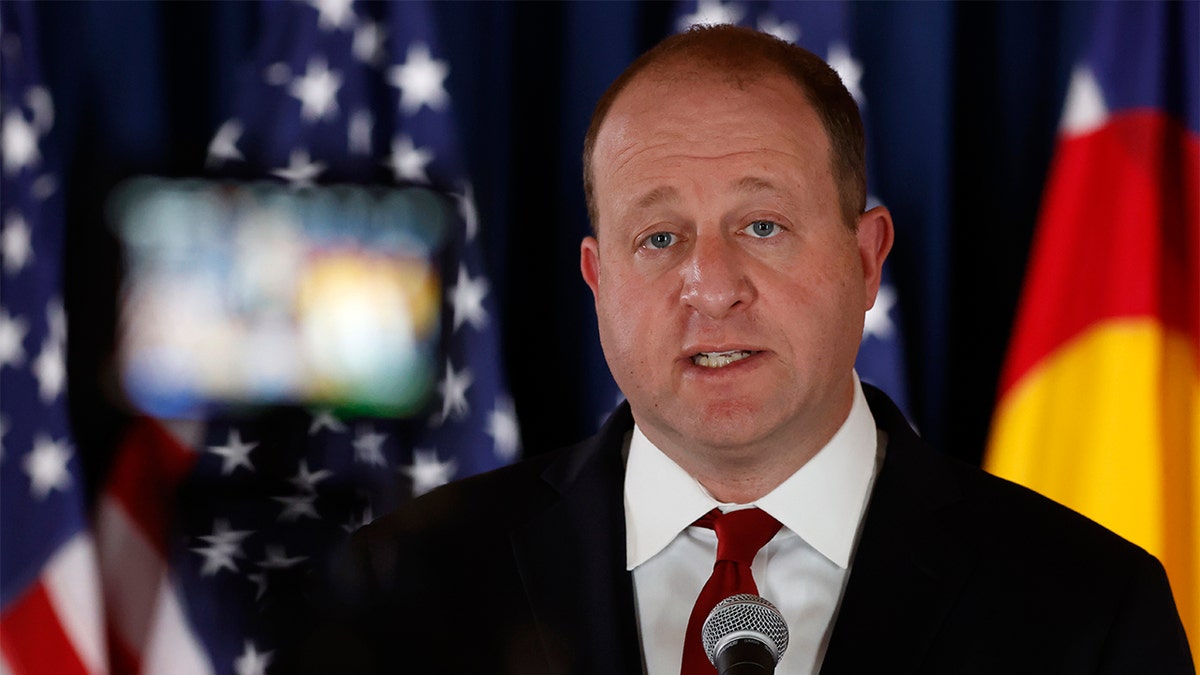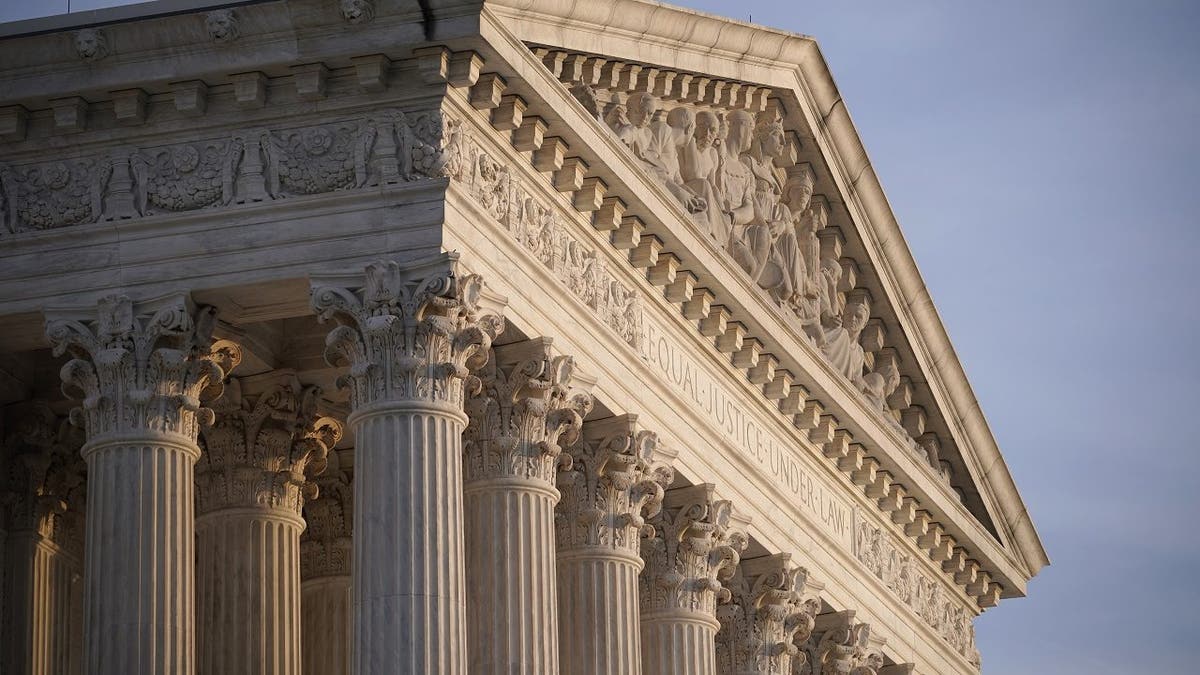The Supreme Court Gets the Abortion Battle
What we learned from the Mississippi oral arguments.
Gov. Jared Polis, D-Colo., signed into law a bill creating a "fundamental right" to abortion, contraception, and other forms of "reproductive health-care rights," while explicitly denying any right to a fetus. The bill explicitly addresses the Supreme Court's upcoming decision in Dobbs v. Jackson Women's Health Organization, in which the Court is expected to overturn the abortion precedent in Roe v. Wade (1973).
Polis signed H.B. 22-1279, the "Reproductive Health Equity Act," which the governor said "codifies a person’s fundamental right to make reproductive health-care decisions free from government interference."
71% OF AMERICANS SUPPORT ABORTION RESTRICTIONS: POLL
"In the State of Colorado, the serious decision to start or end a pregnancy with medical assistance will remain between a person, their doctor, and their faith," Polis added in his statement Monday.
The law states that "Access to abortion and reproductive health care is currently under attack across the nation. Impending federal court cases, including Dobbs v. Jackson Women's Health Organization,… jeopardize access to legal abortion care for tens of millions of people, particularly those living in most Southern and Midwestern states."

Colorado Gov. Jared Polis speaks during a news conference to update the state's efforts to control the spread of the new coronavirus Friday, May 15, 2020, in the State Capitol in Denver. (AP Photo/David Zalubowski) (AP Photo/David Zalubowski)
The law sets forth "fundamental reproductive health-care rights," creating rights for all individuals, rights for "a pregnant individual," and explicitly denying rights for the unborn.
"Every individual has a fundamental right to make decisions about the individual's reproductive health care, including the fundamental right to use or refuse contraception," the law states. "A pregnant individual has a fundamental right to continue a pregnancy and give birth or to have an abortion and to make decisions about how to exercise that right."

FILE - In this Nov. 5, 2020, file photo the Supreme Court is seen in Washington. (AP Photo/J. Scott Applewhite, FileY)
"A fertilized egg, embryo, or fetus does not have independent or derivative rights under the laws of this state," the law adds.
LIA THOMAS ISSUE MAY BE KEY FOR TURNING COLORADO RED, FORMER OLYMPIAN RUNNING FOR SENATE SAYS
The law prohibits state and local public entities from denying, restricting, interfering with, or discriminating against a person's right to use or refuse contraception or to continue a pregnancy or to have an abortion. It also bars public entities from restricting abortion due to the individual's "potential, actual, or perceived impact on the pregnancy, the pregnancy's outcomes, or the pregnant individual's health."

Boulder, Colo. is this year's "Happiest City," according to NatGeo. (iStock)
Jeff Hunt, president of the Colorado think-tank the Centennial Institute, lamented Polis' signing of the bill.
"This will go down as one of the worst days in Colorado history," he wrote on Twitter. "Pro-abortionists at the Colorado capitol sealed the fate of countless lives."
"One of our legislators said her own personal story was she was born at 22 weeks," Robyn Chambers, executive director at Focus on the Family Advocacy for Children, told Fox 21 when the bill passed on a party-line vote in March. "That’s a really early term baby. She was celebrating her 50th birthday this year. And one of the comments she said was: ‘Isn’t every child deserving of a birthday?'"
CLICK HERE TO GET THE FOX NEWS APP
Other states have also passed laws codifying abortion in case Roe gets overturned. In 2019, Gov. Andrew Cuomo, D-N.Y., signed a law codifying abortion rights and explicitly removing protections from unborn infants.






